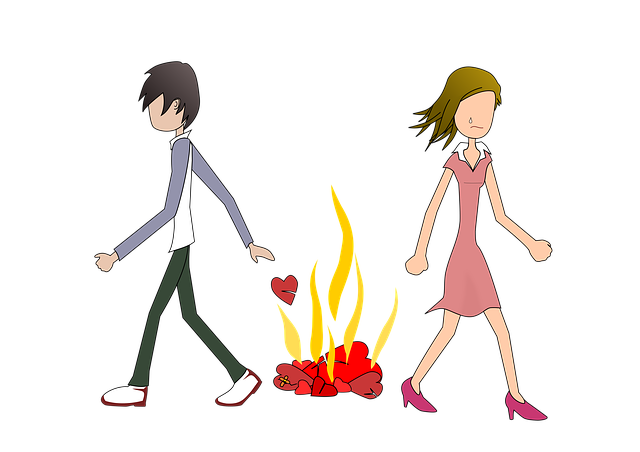by Nathan Chua
It can be bewildering for some of us to think about conflicts as opportunities for closeness. How can these instances of excruciating feelings of anger, hurt, and aggravation turn into lovey-dovey moments? The key is not in what you fight about or why you fight, but in how.
The problem begins with a slow but inevitable part of being around someone for a significant period of time. It’s an unnoticeable slide that couples take as they begin to get off the stars in their eyes to a more realistic view of their partners. Slowly, differences emerge from the shadows as if they were never there when they first met. Unfortunately, this begins a cycle of conflicts that not only produces conflicts about conflicts but also the conflicts that they create out of discussing such conflicts. In other words, it not only becomes a fight about differences but also a fight about the way they fight.
This kind of relating can either produce feelings of helplessness and a surrender to a comfort zone that doesn’t increase closeness and retains the status quo, or lead to the eventual end of the couple’s relationship. Either one of the couple walks out believing that there is no hope for the relationship. At times, couples will just stay with unfulfilling relationships that not only gets in the way of a meaningful relationship, but also hamper their capacities to leave their kids a lasting image of a healthier way to deal with the conflicts that they will eventually have with others of their generation. After all, as some experts put it, the best couples make the best parents. No amount of parenting skills learned through self-help books and workshops can replace what children see in their parents when they’re fighting.
If couples can take time to record their fights and listen and analyze what one said that led to the other saying something more hurtful, someone with an understanding of how fights escalate will recognize that most of their remarks focus on what the other person is doing wrong, doing too much of, or not doing enough of. Alas, couples become caught up lawyering for themselves in the arguments. Left unchecked, this exchange becomes an unwinnable war between the couple.
A group of experts have come up with an easy to remember slogan that couples can take to their disagreements. To paraphrase, “Focus on the wound, not the arrows.” This means that in order to stop the vicious cycle of arguments, couples would need to come from a more vulnerable spot. Instead of criticizing the partner for something they evaluate as wrong or defective in their partner, he or she can open up with softer emotions that describe how some behaviors of the partner affect them.
For instance, instead of saying, “You never keep your word about coming home in time for dinner,” an aggrieved partner can say, “I feel lonely having to have dinner alone and neglected when I don’t get an update if you’re coming home for dinner on time or not.”
From this standpoint, the offending partner will tend to be more open to listening than being focused more of being on the defensive. Defensiveness is usually the second step towards escalation and unless you’re with a partner who’s as calm as the Dalai Lama, a criticism or sharp rebuke will usually be met by an equally strong defense.
Sharing vulnerabilities usually stops the attack-defend cycle. A vulnerable partner can be met with more compassion and empathy. This is when a couple can experience a closeness and connection that they have long missed since their early days of dating. It may be scary and our minds will come up with all sorts of reasons not to be vulnerable, but for as long as there are no physical or threatening verbal attacks involved, it is well worth the try. Eventually, you will see that conflicts lead to a closeness that has been absent for so long.


